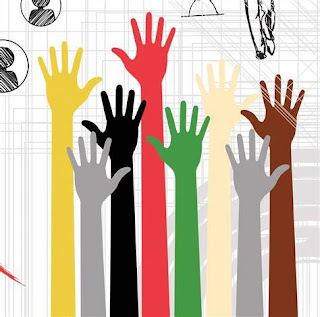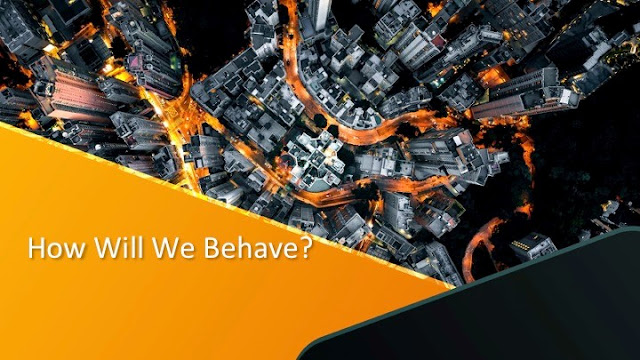2022 is not only the 50th anniversary of UNEP but also the 40th anniversary of the Palme report on Common Security

COMMON SECURITY 2022 “International Security must rest on a commitment to joint survival rather than a threat of mutual destruction.” These words, from 40 years ago, serve as a stark reminder that the survival of humanity is not a forgone conclusion. The continuation of human existence in the twenty-first century, on a planet of nearly eight billion people, is a colossal global mission. It is an endeavour that relies on a commitment to cooperation not annihilation. (taken from the web site below) Our Common Future 2022: For Our Shared Future can be found here. In 1982, the Independent Commission on Disarmament and Security Issues, led by the Swedish Prime Minister Olof Palme, published the report, Common Security: A Programme for Disarmament . At this time, Cold War tensions and the frightening prospect of nuclear war dominated the international agenda. The report laid bare the horrendous consequences of nuclear conflict, and exposed the fallacy that nuclear deterrence provides s



